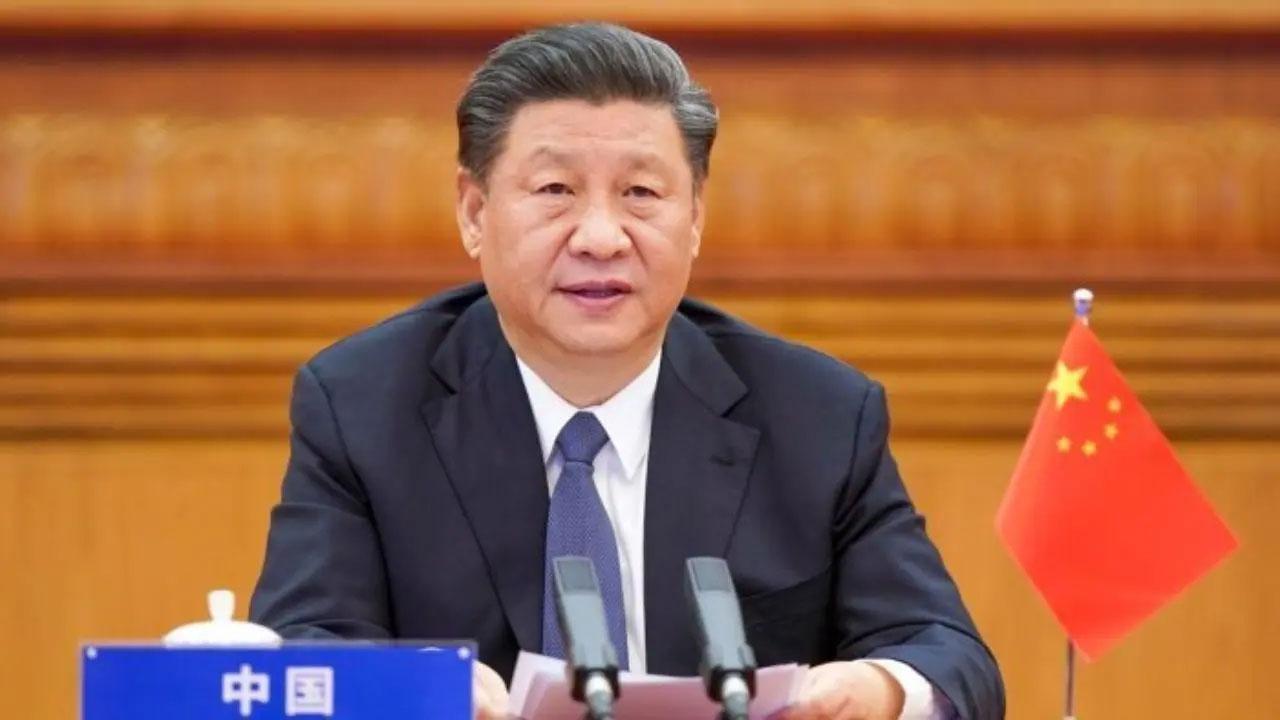Home / News / World News / Article /
China scaling its crackdown on mosques beyond Xinjiang: Human Rights Watch
Updated On: 22 November, 2023 09:00 AM IST | Hong Kong | AP
The Chinese Foreign Ministry did not immediately answer faxed questions seeking comment on the report and its official policies toward Muslim minorities

File Photo/AFP
The Chinese government has expanded its campaign of closing mosques to regions other than Xinjiang, where for years it has been blamed for persecuting Muslim minorities, according to a Human Rights Watch report released Wednesday. Authorities have closed mosques in the northern Ningxia region as well as Gansu province, which are home to large populations of Hui Muslims, as part of a process known officially as `consolidation,` according to the report, which draws on public documents, satellite images and witness testimonies.
Local authorities also have been removing architectural features of mosques to make them look more `Chinese,` part of a campaign by the ruling Communist Party to tighten control over religion and reduce the risk of possible challenges to its rule. President Xi Jinping in 2016 called for the `Sinicization` of religions, initiating a crackdown that has largely concentrated on the western region of Xinjiang, home to more than 11 million Uyghurs and other Muslim minorities.



